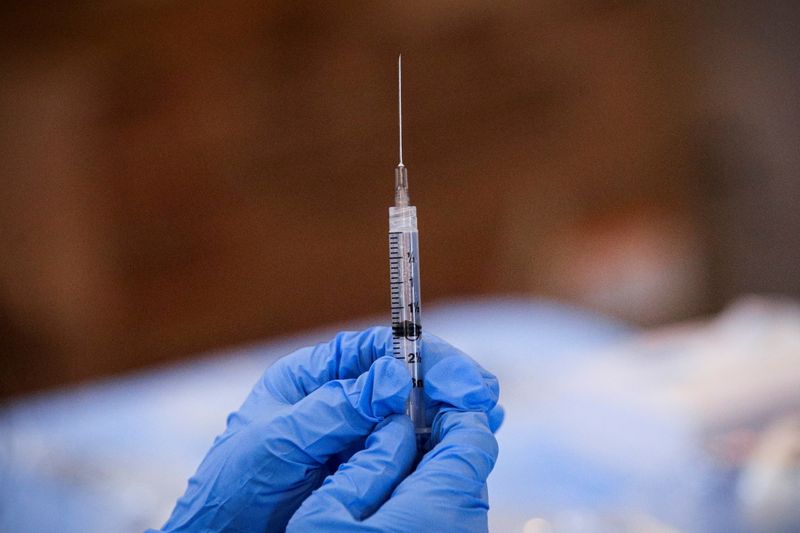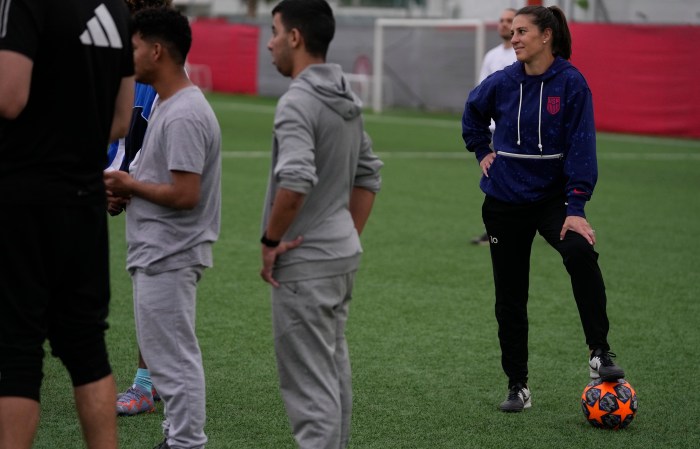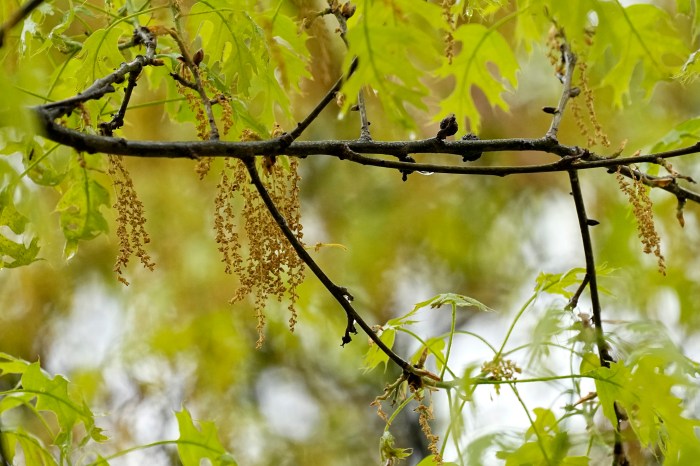(Reuters) – The National Institutes of Health (NIH) is testing a booster shot of COVID-19 vaccines in people with autoimmune diseases who have not responded well to the primary vaccine course.
The mid-stage study will be conducted among about 600 participants aged 18 and above who have been fully vaccinated with shots from either Pfizer Inc, Moderna Inc or Johnson & Johnson. https://bit.ly/3DpbYLl
U.S. regulators earlier in the month authorized a third dose of COVID-19 vaccines by Pfizer and Moderna for people with compromised immune systems, as concerns mounted about infections among such populations.
“Many people who have an autoimmune disease that requires immunosuppressive therapy have had a poor immune response to the authorized and approved COVID-19 vaccines, placing these individuals at high risk for the disease,” said Anthony Fauci, director of the National Institute of Allergy and Infectious Diseases, in a statement.
An estimated 8% of Americans have an autoimmune disease, which occurs when the body’s immune system attacks healthy cells, tissues and organs.
Participants in the NIH trial will receive an extra dose of the vaccine that was originally administered to them, and the study will record how many of them have a better antibody response four weeks after the booster shot.
The trial will initially include people with one of five autoimmune diseases, including multiple sclerosis and rheumatoid arthritis, with early results expected in November.
(Reporting by Amruta Khandekar; Editing by Devika Syamnath)



















